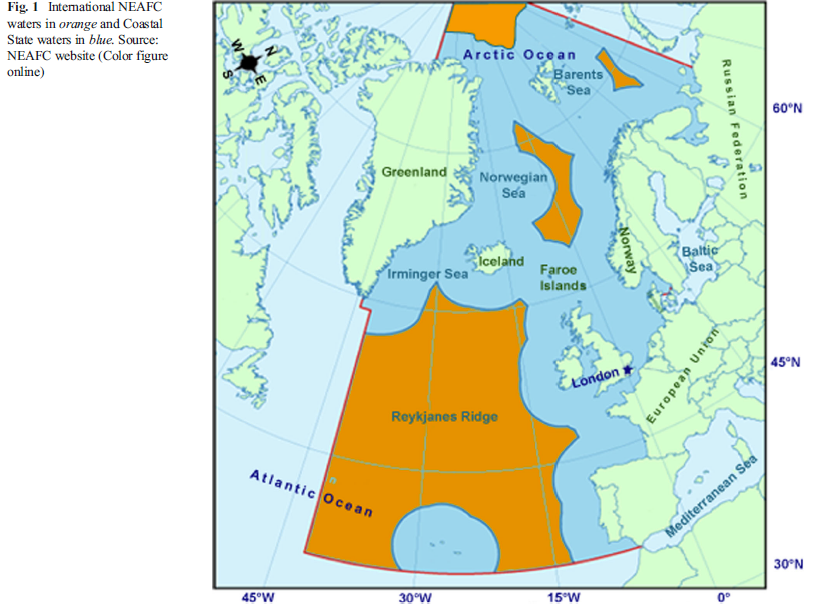If we left the EU it wouldn’t necessarily mean that the situation would improve. The House of Commons Library has said that “many of the underlying issues that affect fisheries management would remain unchanged.”
The UK is signed up to the UN Law of the Sea Convention which allows countries to establish an Exclusive Economic Zone of up to 200 nautical miles from their coast. If the UK were to leave the EU we could have control of all fish which were within this zone. But, the same laws also require countries to ensure that fish stocks are conserved and that the allowable catch is specified and where necessary shared with other countries.
Countries such as Norway have this 200 nautical mile Exclusive Economic Zone in place, they also have agreements with a number of countries, and with the EU to allow fishing in those waters.
The European Union’s Council of Ministers sets the tonnage of specific fish, or ‘Total Allowable Catch’ (TAC), which can be caught within EU waters and then divides this between each member state.
The quota each member state receives is based largely on how much they fished in those areas in the 1970s, before the Common Fisheries Policy came into effect.
This method of splitting up the stocks is designed to keep the levels of fishing in these areas relatively stable. However, it has been criticised in the UK, particularly as for much of the 1970s the UK fishing fleet spent much of its time in the waters around Iceland, which is not a member of the EU.
In 1976 the UK fleet was expelled from this area when fishing limits around Iceland were extended to 200 miles.
Other methods of dividing fish stocks have been proposed, but the House of Commons Library has said the system is unlikely to change.
It’s also impossible to determine what the policy on fishing would be if we left the EU and things wouldn’t necessarily be any better.
Currently EU member states are allowed to place limits on who can fish in their territorial waters, and up to 100 nautical miles fishing is restricted to those who traditionally fished there, but the legislation covering this expires in 2022. Whether or not this will be replaced by that date will be a matter for the politicians to determine.
The transnational nature of fisheries may limit the UK’s options after leaving the CFP.
Setting unilateral quotas would likely cause international disputes, such as the ‘mackerel wars’ of 2010-11, when negotiations between the European Commission and Iceland and the Faroe Islands broke down.
It is likely that the UK would have to continue negotiating its total allowable catch after Brexit, with it signed up to international agreements that require it to ensure “proper conservation” of fish stocks and to co-operate with regional or global organisations in achieving this, especially where stocks are shared.
The UK’s ability to restrict access to its waters may be limited by historical claims by European fishermen. In the past, tribunals and international courts have often ruled in favour of historic access rights to waters and against those looking to limit access.
Fish stocks that reside in the international waters of the northeast Atlantic, like the mackerel, are multi-laterally managed by the North-East Atlantic Fisheries Commission (NEAFC), where the contracting parties—the EU, Norway, Iceland, Russia, and Denmark (on behalf of the Faroe Islands and Greenland)—negotiate the division of fishing resources. When stocks frequent the national waters of a nation, defined as a 200-mile exclusive economic zone (EEZ), that nation is considered a “Coastal State” for that stock and has the right to harvest it in their EEZ. The management of the straddling stocks in the northeast Atlantic is a two-tier process: Coastal States agree on shares and management plans before bringing the matter to NEAFC to cover fisheries in waters outside national jurisdiction (Vanderzwaag and Russell 2010). The regulatory area of NEAFC consists of the North-East Atlantic Ocean, the Barents and Norwegian Seas, and the Arctic Ocean (Fig. 1).
